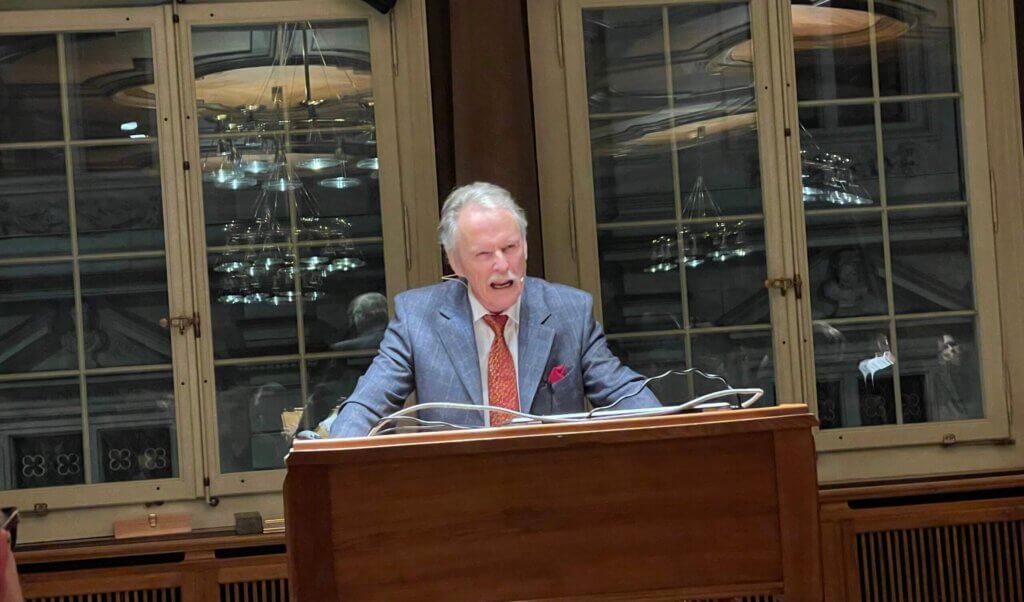
Professor Bruno S. Frey has criticized autocratic systems, especially China. But a solution to the problem described would be quite simple.
“We must not trust the Chinese growth figures,” cautioned the world-renowned Swiss economist and candidate for the Nobel Prize in Economics, Bruno S. Frey, in an interview with the current print edition of “Wirtschaftswoche“.
However, official manipulation of economic data cannot usually be proven, one of Europe’s most cited economics professors continued.
Measuring light intensity
But economists are not so easily tricked and find detours to take the pulse of the truth. “And that’s where luminous intensity comes into play,” Frey continued.
This can be measured worldwide via satellites and there is a demonstrable correlation between economic performance and brightness, the Swiss star economist continued.
“Where lights burn, economic life takes place,” he said. There are factories with night shifts, car traffic, restaurants, illuminated shop windows and this could be well targeted from space with a light analysis.
Huge deviations
As results Frey presented that the more democratic a country is, the smaller is the difference between the light intensity at night and the officially reported social product. “This means that there is less manipulation here,” the expert explained.
Conversely, the analyses can be used to prove that autocratic systems often significantly exaggerate their growth figures, it added. “This is especially true for China, where the deviations are huge,” the 81-year-old stressed.
Focus on central banks
Those who know Frey as a person know that the economics professor – as recently happened on muula.ch – not only criticizes, but also immediately presents possible solutions to the problems described.
Countries could avoid manipulated economic figures by giving the national statistics office independence in terms of content and personnel – analogous to grade beacons.
“There should be no directive authority from the government whatsoever,” Frey said.
Looking poorer than given
The pioneer of political economy also knows a simple answer to the question of what a state gains from influencing the numbers.
If a country reports an inflated gross domestic product (GDP), it statistically lowers its debt ratio. This was exploited, for example, when Greece joined the European Monetary Union, where false deficit ratios were used.
And some developing countries even pursued the opposite strategy. They showed too little growth in order to get more aid and cheaper loans from international organizations, he said.
“It can be quite economically rational for a country to sell itself to others as being beggarly poor,” he said.
Belief in lies
But all this leads to a loss of trust, which should not be underestimated. If companies no longer believe their government, for example, they invest less or elsewhere.
When China announces their coronavirus deaths, people suspect that something might be wrong. Similarly, in Turkey, a reality check is enough if the country is underreporting horrendous inflation. People notice this every time they go to the market.
And when asked why former U.S. president Donald Trump could be convicted of lying so often by the press, but his popularity hardly suffered, Frey told the paper, “Some people WANT to believe in certain lies.”
04/02/2023/kut./ena.






